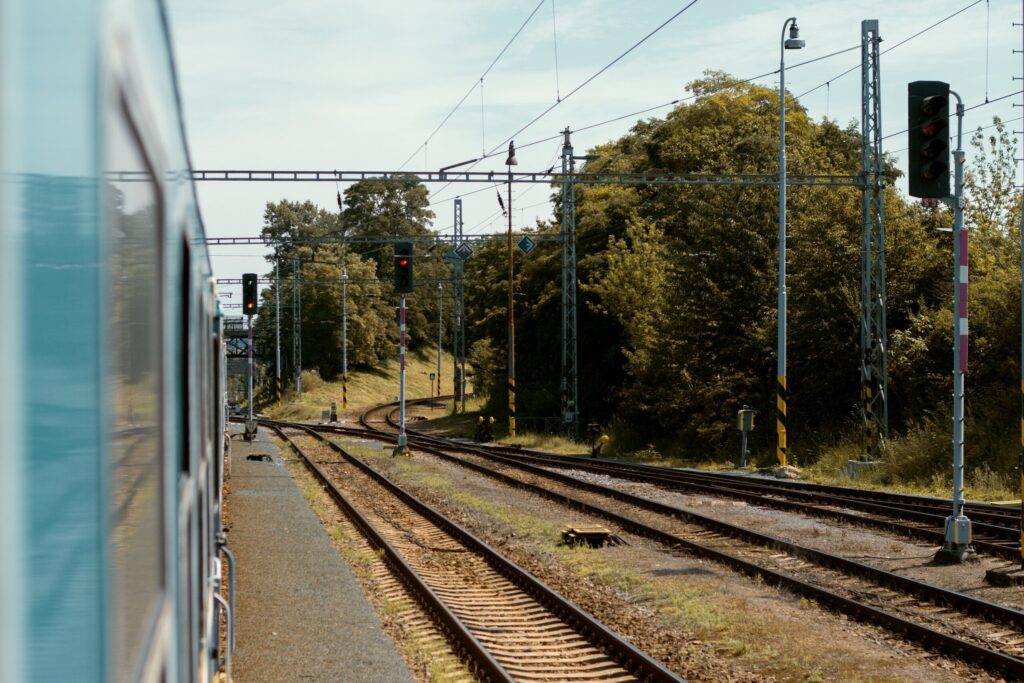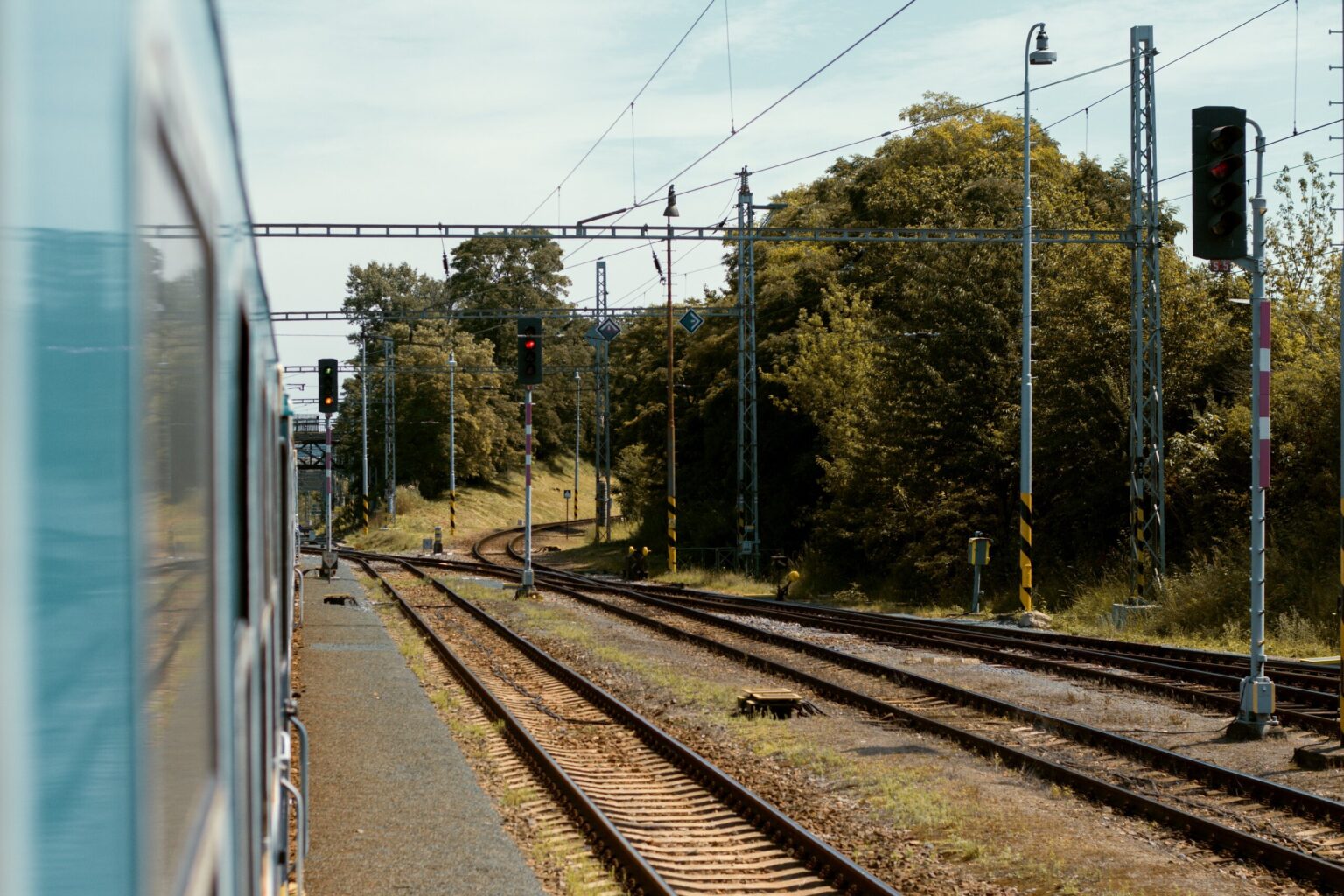The proposed acquisition of Thales’ Ground Transportation (GTS) business by Hitachi, valued at 1.7 billion euros, has raised concerns about the potential negative consequences for digitalisation, cost, and service quality in the UK’s rail industry.

The UK’s Competition and Markets Authority (CMA) conducted an investigation and provisionally concluded that the merger could lead to a substantial reduction in competition in the supply of digital mainline and urban signalling rail systems.
Hitachi Rail and Thales are prominent global suppliers of signalling systems for mainline and urban railway networks, alongside Siemens and Alstom. Hitachi’s plan to acquire Thales’ Ground Transportation business in 2021 reflects its expansion strategy in the European rail market, with the relocation of its train division headquarters from Tokyo to London in 2014. However, the CMA’s provisional findings indicate that this merger would result in fewer credible bidders for digital mainline signalling tenders, potentially increasing costs for Network Rail and impeding the digitalisation of the UK’s rail network.
The CMA asserts that both Thales and Hitachi are well-positioned competitors in the delivery of mainline signalling projects, and their merger would limit choice for infrastructure managers in the country. The UK Office of Rail and Road (ORR) had already identified a lack of suppliers, high costs, and inadequate procurement practices in the railway signalling market in the United Kingdom in 2021. The CMA’s findings align with the ORR’s assessment, highlighting the concentration of suppliers dominating the provision of both mainline and urban rail signalling systems in the UK.
Hitachi’s Response and Regulatory Approvals
Hitachi Rail expressed disappointment with the CMA’s provisional findings and stated its intention to closely examine the concerns raised. The company maintains that the merger will not substantially reduce competition for UK signalling projects and believes it will bring benefits to both competition and customers in the UK and internationally. Hitachi highlights that regulatory approvals have been secured in all relevant jurisdictions except the European Union, and it anticipates obtaining clearance from the European Commission in the summer.
Importance of Healthy Competition
Network Rail, the primary customer for mainline signalling systems in Great Britain, has plans to upgrade a significant portion of the country’s rail signalling system over the next decade, utilizing new digital technologies. Additionally, Transport for London (TfL), responsible for overseeing the largest urban rail system in the country, is expected to commence the replacement of signalling systems on two of London’s main underground lines during a similar timeframe. Given these ambitious projects, competition in the signalling market becomes crucial to foster innovation and maintain cost efficiency.
The CMA’s Way Forward
Stuart McIntosh, the chair of the competition authorities’ independent Inquiry Group, emphasizes the importance of healthy competition :“UK railway networks spend millions of pounds each year maintaining and upgrading signalling systems which ensure transport networks run smoothly and passengers remain safe. Healthy competition in this market is essential to support innovation as well as to keep costs down”. In light of the provisional findings, the CMA plans to consult on potential remedies that ensure competition remains protected in the supply of both digital mainline and urban signalling in the UK. These remedies may include requiring Hitachi or Thales to divest parts of their existing businesses or prohibiting the merger altogether. The CMA aims to strike a balance that protects passengers’ interests while promoting a reliable, efficient, and modern railway, in line with the government’s objectives.
